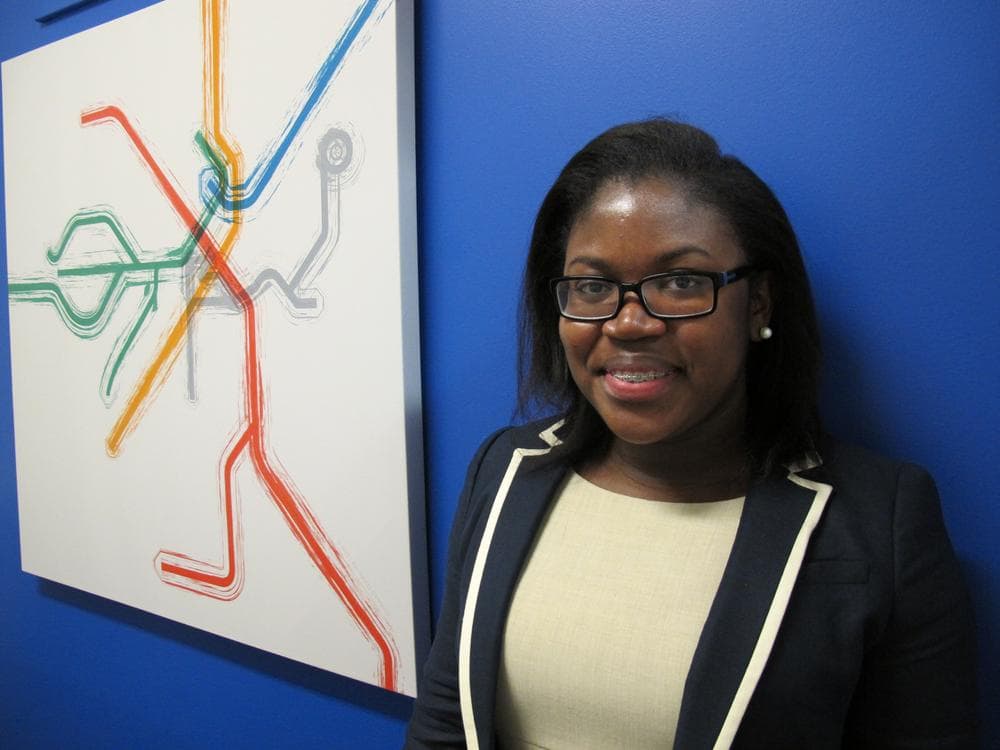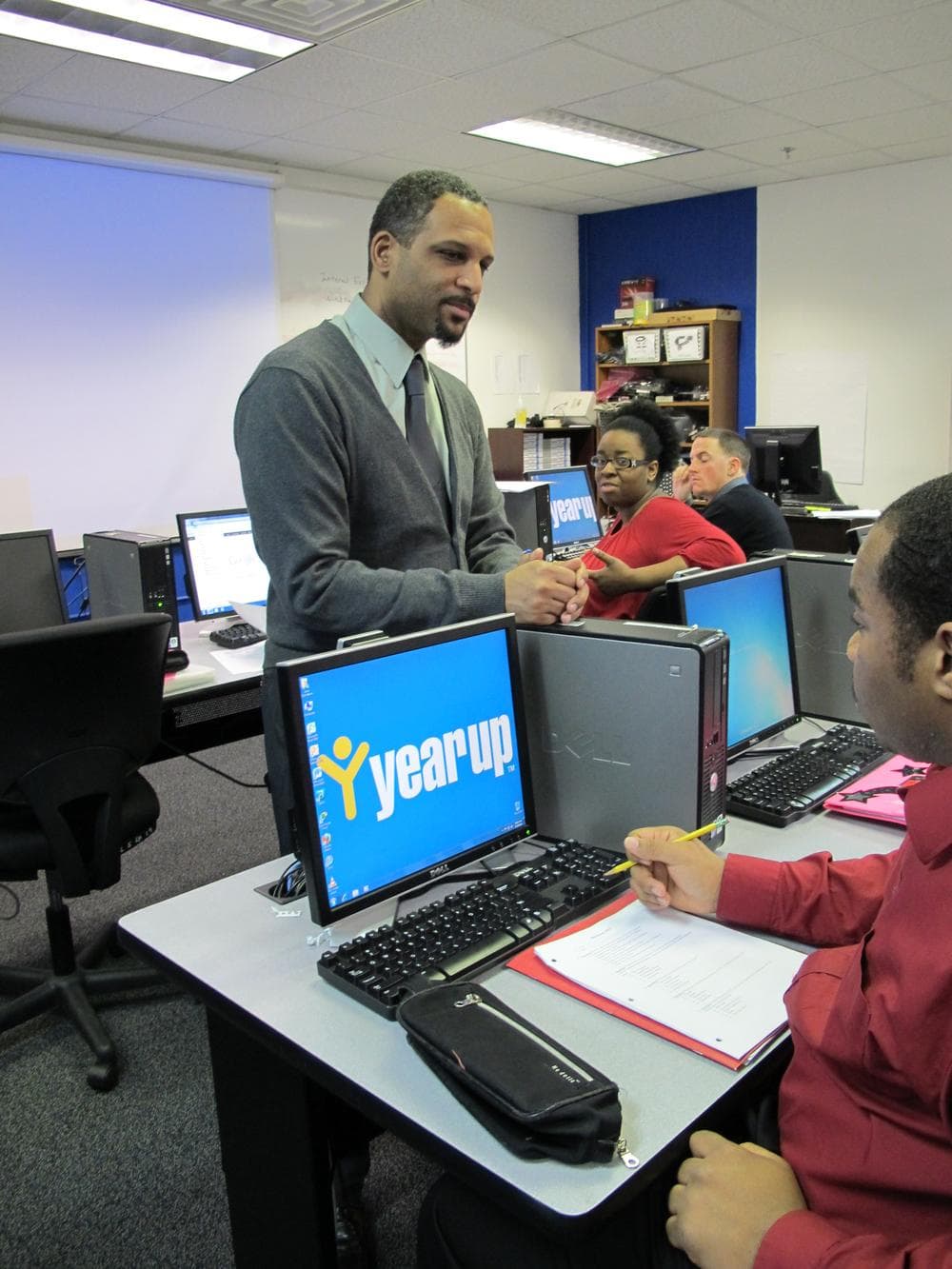Advertisement
New Report Challenges Boston To Reinvent The 'Innovation Economy'
Resume
According to the 2012 Boston Indicators Report, the state's innovation economy needs to be reinvented. The report is published every two years and brings together information from public agencies, civil institutions and community-based organizations. The 2012 report shows that Boston is enjoying three decades of sustained building, increased ethnic diversity and solid job growth, but challenges remain.
First, the good news: Greater Boston's economy has been resilient during the recession and it’s outperforming the rest of the nation in recovery. The metro area has one of the most highly educated work forces in the country and leads in innovation.
"On the one hand, Boston is the place to which people come for a college education and that’s not going to change," said Charlotte Kahn, the director of the Boston Indicators Project at the Boston Foundation.
But Kahn says there's a lurking problem.
"The largest portion of new jobs and replacement jobs will be in the middle-skill job category and we have not done as good a job as we could, and must, in training people for those middle-skilled jobs," Kahn said.
These middle-skilled jobs include nurses, radiation therapists and computer support specialists. They also include hair stylists and auto mechanics. These kinds of jobs now make up 8 percent of available work in the state of Massachusetts.
"I guess I would characterize it right now as a spot shortage," said Loh-sze Leung, who runs SkillWorks, a program that funds training initiatives around the state.
"It’s a spot shortage that will get bigger and broader as the economy recovers, and if we don’t address the shortage now we’re going to find ourselves in a difficult position," Leung said, "in a position where we slow down the recovery."
The recovery could slow down because unfilled jobs slow productivity. And as baby boomers retire the need for middle-skilled workers will shoot up. The State Department of Labor and Workforce Development estimates there will be 14,000 middle-skilled job openings annually in the area -- jobs that don't require a bachelors degree but do require training.

At Year Up Boston, Peter Bos teaches computer basics to a group of students age 18 to 24. It’s a free, year-long program that focuses on giving people with a high school degree or GED training in information technology, finance and accounting, so they can enter the knowledge-based economy.
Casey Recupero, the executive director of Year Up Boston, says that is where the opportunity divide is the widest.
"For young people in our city, if you would like to be a police officer, a fireman, a nurse, a small business owner, there’s a lot of great opportunity." Recupero said. "If you’d like to be a systems administrator at Raytheon or a fund accountant at Putnam Investments, it’s really hard to break into that professional world, and those are the types of career tracks that we are training our students for."
Former Year Up Boston student Marie St. Jean now works as a senior fund accountant at State Street. But the 22-year-old came very close to falling into the low-skill, low-paid job pool.
"Before I came to Year Up, I went to an exam school and I was on track to go to college and then, as we all know, life happens," St. Jean said. "I ended up having to get my GED and I was working odd end retail jobs just to save money to go to college."
Now St. Jean is studying part time at UMass Boston. She hopes one day to get a more highly skilled, better paid job in the financial services industry. It's vital that she succeeds, not just for her own career, but also for the Greater Boston economy, which needs more workers with St. Jean's skills to fill the increasing number of middle- and higher-skilled jobs left by retirees.
The 2012 Boston Indicators Report also points out that future success rests on redefining innovation to create new jobs. Kahn, of The Boston Foundation, says this is critical as jobs decline especially in defense, finance and bio-pharmaceuticals.
"If we focus on our own challenges, whether it's education, affordable, high quality health care, all of these things, we will create jobs and innovations that are globally significant because that’s who we are," Kahn said.
In addition to those sectors, Kahn says the area can reinvent the innovation economy by creating employment in emerging industries such as clean-tech energy, data mining and sustainable fishing.
This program aired on March 14, 2012.